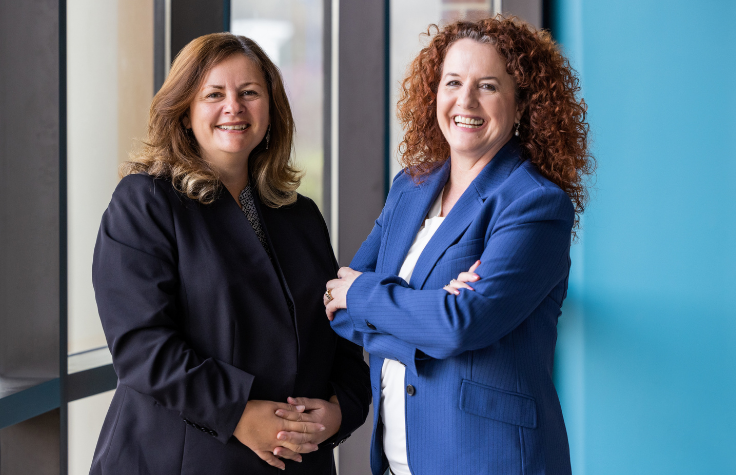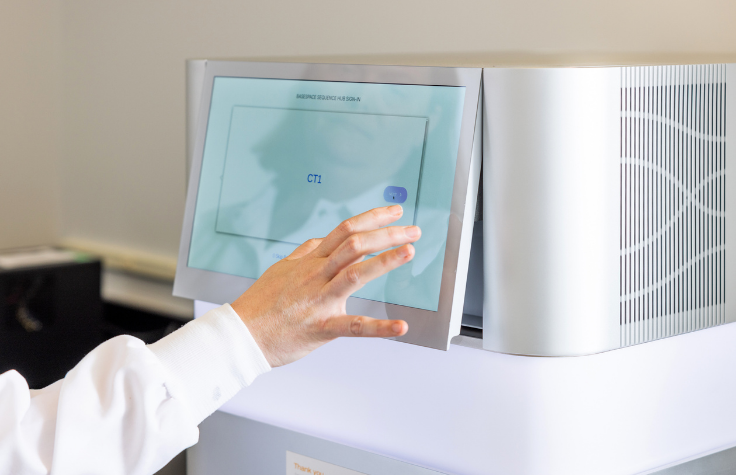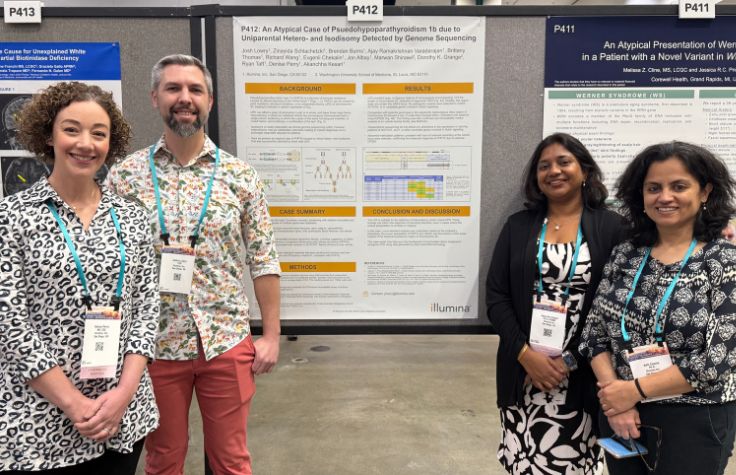
April 1, 2022
For years, clinicians have used genomics to better inform treatment and personalize therapies. Now, , an immunodiagnostics company based in Tennessee (US), wants to turn that personalized medicine lens to a different field: kidney transplants.
Tens of thousands of patients receive kidney transplants every year worldwide—with many more waiting in the wings. But even after the organ is transplanted, the risk of rejection is unpredictable. Currently, accurate measurements of whether or not the recipient will be at high-risk of rejecting the transplant are lacking, leaving uncertainty as to whether the recipient will require higher doses of drugs to cope with their immune system, which mediates the rejection.
Clinicians predict rejection of kidney grafts by measuring protein concentration in the urine, or levels of a molecule called creatinine in the blood. High creatinine or protein levels could signal a need for clinicians to take a more invasive approach and biopsy the kidney to assess damage. But the need for a biopsy doesn’t always correlate with high protein or creatinine levels, explains Patti Connolly, COO at Verici Dx. “If you biopsied everyone, you would find about 20 percent are having rejection, but they have normal signal coming from urine protein or serum creatinine. Those patients may go untreated, and that rejection may simmer, risking long-term damage.”
Verici Dx is now validating their technology—which uses artificial intelligence to create RNA signatures that correlate with injury, rejection, or graft-failure—in an across the US and Europe. With hundreds of patients enrolled, this trial will validate test performance, and will compare the RNA signature to pathology findings to support more accurate and tailored care plans for transplant recipients.
The technology that Verici Dx developed is based off research spearheaded by the late Dr. Barbara Murphy, a renowned transplant nephrologist at Mt. Sinai School of Medicine in New York. From 2008 to 2015, Murphy and her collaborators in the US and Australia enrolled nearly 600 patients in a to study their transcriptome for clues as to why they were rejecting kidney transplants. This study, more commonly referred to as “The GoCAR study” (Genomics of Chronic Renal Allograft Rejection), established a set of genes involved in the immune response that, using a proprietary algorithm, could predict how a patient would fare after kidney transplantation. It’s this data, Connolly says, that has formed the basis of Verici Dx’s training set for their analysis.

For Verici Dx’s trial, clinicians are taking blood samples from kidney transplant patients at various timepoints, both prior to and following the transplant, and analyzing their transcriptome using the VR���˲�Ʊ NextSeq™ 2000. Verici Dx is using VR���˲�Ʊ Connected Analytics (ICA), a secure genomic data platform deployed on the Amazon Web Services (AWS) cloud, to store their RNA sequencing results, to process sequencing data, and to use their algorithms to interpret the datasets. ICA will be absolutely fundamental, says Verici Dx CEO Sara Barrington, in making sense of the large scale of data that they’re collecting from the clinical trial.
ICA enables Verici Dx to process large datasets, and also run a machine learning algorithm across samples within the software platform. The algorithm helps parse gene signatures that will signify if patients may be at high risk of rejection, allowing a more tailored approach to an immunosuppressant regimen after a transplant. The test results ultimately help clinicians understand how aggressive or benign a patient’s immune system is, explains Barrington, even before the transplant is performed.
“What we’re working towards with VR���˲�Ʊ is creating an opportunity for clinicians to take a more personalized approach,” Connolly says.
In the future, Barrington hopes that Verici Dx’s predictive abilities can forgo the need for invasive biopsies altogether, as a blood sample will provide ample clues to a patient’s rejection status. “The importance is in the actionable data of our technology,” Barrington says. “Clinicians are really going to add this in their tool belt and [use it] to make decisions alongside their clinical judgments and other factors.”


